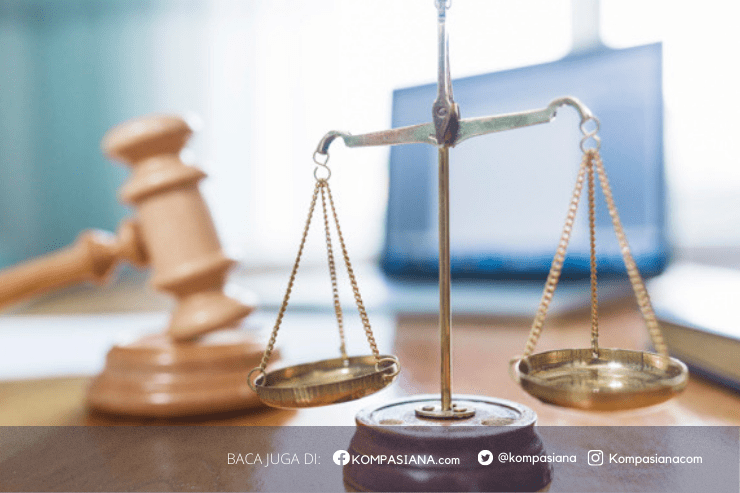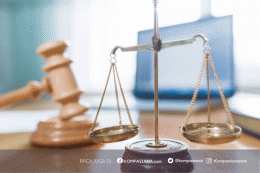Hai, Saya Luka Matic, Mahasiswa D4 Perhotelan 2020 Sekolah Tinggi Pariwisata Trisakti. Saya merupakan Penerima Beasiswa Prestasi 100% Sekolah Tinggi Pariwisata Trisakti. Saya harap dapat membagikan sesuatu yang bermanfaat. Terima kasih.
Citizens' rights and freedoms are one of the first associations with the constitution. Constitutional-legal regulation and regulation of the status of citizens is not foreign to totalitarian forms of government, despite the incompatibility of the concept of "rights and freedoms of citizens" on the one hand and the concept of "totalitarian form of government" on the other.
Such a constitutional-legal order has its theoretical justification and practical expediency within totalitarian regimes, and totalitarian regimes have multiple interests in such an arrangement. In this sense, the constitution of a totalitarian state can serve as a "legitimate" and most generally available legal remedy and instrument for restricting and abolishing the freedoms and rights of citizens - despite the constitutional proclamation of "democratic" rights and freedoms.
One of the basic purposes of the constitution, as the highest general legal act, is the general definition of the position of citizens of the community - that is, the regulation of their rights and freedoms. Most modern constitutions determine the position of citizens by affirming their status in the field of basic personal and civil rights. This is often done by introducing liberal determinants of basic personal and civil rights.
Such determinants are the result of the struggle of the bourgeoisie against the unlimited power of the ruler, or a certain group of people. History has shown that the struggle for liberation from unlimited power has always resulted in formal-legal guarantees of won rights and freedoms, formulated in the highest legal act.
In totalitarian systems, there is no struggle against unlimited power. In such systems, unlimited power itself fights for "its own unlimitedness." In such systems, the existence of the highest legal act - the constitution that establishes and determines personal and civil rights in practice, as a rule means that such established and determined rights will not be respected and that their exercise will not enjoy the guarantee of the constitution. So, despite the liberal and advanced formulations that such constitutions contain - their essential application is not harmonized with the formal content.
This inconsistency between the essential application of the proclaimed principles and their formal content is precisely the will of the legislator himself. It can be a consequence of the adoption of a whole series of legal acts that are in force lower than the constitution, which essentially, to a greater or lesser extent, deviate from these official and formally proclaimed principles.
First of all, this can be done by passing constitutional amendments of such content which deviate from the original constitutional formulations or substantially change them. This can then be done by passing laws that reduce or prevent the proclaimed rights. Also, this can be done by not applying the provisions of laws and bylaws that specify the basic personal and civil rights.







